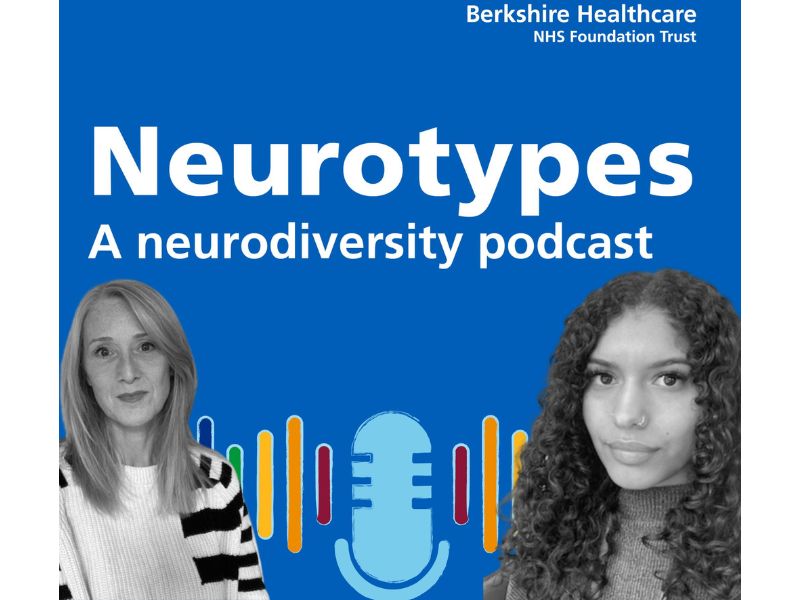Towergate Health & Protection today releases figures from one of its leading employee assistance programme (EAP) providers, which show the extent to which counselling helps employees with mental health issues.
Anxiety and depression scores
Professional medical diagnostic questionnaires are used by the EAP at the start and finish of each structured therapy course to score each patient’s level of anxiety and/or depression.
Generalised Anxiety Disorder (GAD-7) questionnaires showed that anxiety levels – feelings such as being on edge, fear, restlessness, and worry – were all in the moderate to severe classification before structured therapy. These feelings dropped to being in the mild classification after counselling, with an average improvement of 61.2% in anxiety scores.
Patient Health Questionnaires (PHQ-9) showed that depressive symptoms – such as lethargy, poor concentration, hopelessness, and poor sleep habits – were in the moderate classification, bordering on severe, before structured therapy. After therapy, there was an average of 59.5% improvement in the scores for symptoms of depression.
Improvements in the workplace
The questionnaires at the start and finish of therapy also asked employees to what extent they felt that they suffered from presenteeism and workplace distress, with each individual asked to rate their feelings. The figures show that, after therapy, presenteeism scores had decreased by an average of 25.8%, and workplace distress scores had decreased by an average of 21.3%.
David Williams, head of group risk at Towergate Health & Protection, says: “These figures are hugely encouraging and prove that counselling via EAPs works. They also show that benefits can be seen by the employer too, which makes providing such support a win-win situation.”
What is structured therapy?
Structured therapy is short-term, solution-focused counselling. It gives employees, and often their family members, someone to talk to, to share their problems with, and ways of working through the issues. It may include face-to-face counselling; telephone counselling, structured sessions at agreed times; or secure chat and email counselling for those who prefer written communication.
Positives for the business
The provision of EAPs is common in the workplace and it is important that their ability to get results is not overlooked. The figures show that EAP support works should encourage employers to investigate implementing them if they have not already done so or promoting them widely if services are already in place.
Support for complex issues
Short-term models of therapy aim to provide help for in-the-moment emotional difficulties like anxiety, low mood or depression, stress, or relationship concerns. More complex or trauma-related issues may require an alternative pathway and an EAP can signpost the most appropriate routes and professionals.
David Williams says:
“With proof that counselling via EAPs works, and the obvious benefits for employees and the business alike, we would encourage every employer to consider providing access to this kind of wellbeing support, particularly as they’re such good value too – either when offered standalone or incorporated within other benefits, such as group risk.”
If you need further help and support, see below.









